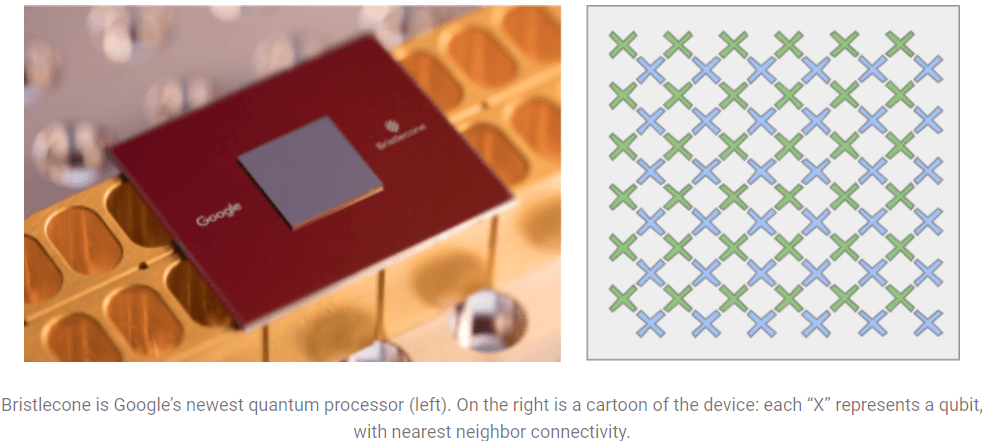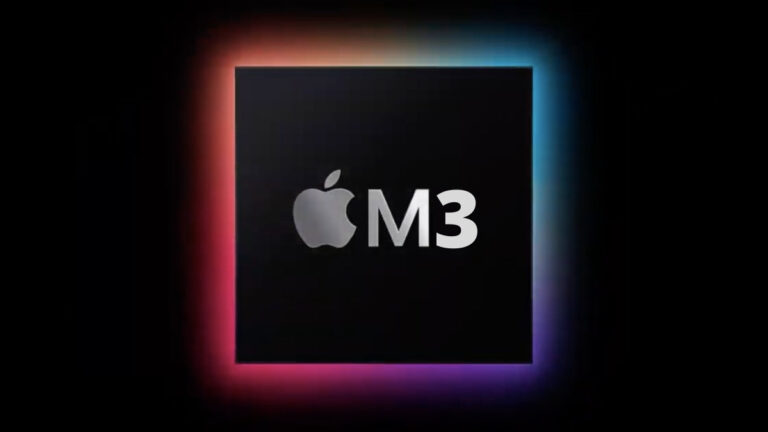Google New “Bristlecone” Quantum Processor Eyes Quantum Supremacy

We have robust processors that find a place in end-user devices and servers in data centers. But the need for more computing power has motivated humans to explore the field of quantum computing and achieve the next revolutionary breakthrough.
The current implementations of quantum computers have a limited scope of operation and require specialized environments for successful processing of data. The dream of quantum supremacy is yet to be realized.
Google’s Quantum AI Lab has announced a new quantum computing chip called Bristlecone. It will act as a “testbed for research into system error rates and scalability of our qubit technology,” Google said.
With 72 qubits arranged in a square array, the new chip is built on top of Google’s 9-qubit technology that delivered low error rate for readout (1%), a single qubit (0.1%), and two-qubit quantum gates (0.6%). For a reference, a quantum gate is a basic quantum circuit that uses a small number of qubits. It’s similar to the concept of logic gates in classical computing.
Google stresses on the fact that apart from the number of qubits, the error rate is important when a quantum computing system has to “outperform a classical supercomputer on a well-defined computer science problem,” and, therefore, achieve quantum supremacy.
“Although no one has achieved this goal yet, we calculate quantum supremacy can be comfortably demonstrated with 49 qubits, a circuit depth exceeding 40, and a two-qubit error below 0.5%.”
The Bristlecone quantum processor was presented at the American Physical Society in Los Angeles. According to Google, it could be a “compelling proof-of-principle” to build bigger and more capable quantum computers that would fulfill the goal of solving real-world problems. For a system like Bristlecone to work efficiently with low system error, the hardware and software have to go hand in hand. Several iterations will be required to make it possible.
Also Read: Microsoft’s Quantum Programming Language Arrives On Linux And Mac; Libraries Open Sourced







